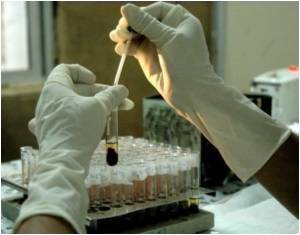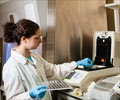
"This study is the first to measure awareness and use of direct-to-consumer genetic tests among adults in Puerto Rico, and to identify factors associated with awareness in this population," said Ana P. Ortiz Martinez, M.P.H., Ph.D., associate professor and researcher in the department of biostatistics and epidemiology at the University of Puerto Rico Cancer Center and Graduate School of Public Health, University of Puerto Rico.
"While 56 percent of those surveyed were aware of these tests, only 4.3 percent had ever used one," said Ortiz, who led the study. "No differences were seen by age or sex, nor was a personal or family history of cancer associated with greater genetic testing awareness."
By comparison, two previous studies showed lower awareness in the United States. In 2006, only 14 percent of adults said they were aware of genetic testing, according to data from a U.S. HealthStyles national survey. Awareness increased to 29 percent in the 2007 U.S. HINTS survey.
Although causal attributions cannot be determined from these data, the greater awareness and use of genetic testing observed in Puerto Rico relative to mainland estimates coincides with greater push and availability of such tests over time. These data underscore and inform the imperative for population-based outreach and education efforts to provide accurate and balanced information about the risks and benefits of testing.
Use of genetic testing in the 2009 Puerto Rico HINTS survey was lower (4.3 percent) compared with the 2007 U.S. survey (8.1 percent), but higher compared with the 2006 U.S. survey (0.6 percent).
Advertisement
"Further studies will elucidate the use of genetic tests in clinical settings, and evaluate attitudes and beliefs about them," Ortiz said. "As our understanding of their usefulness increases, we must assure access for everyone who may benefit, so that genetic testing will not become a source of health disparity in the population."
Advertisement
Source-Eurekalert













